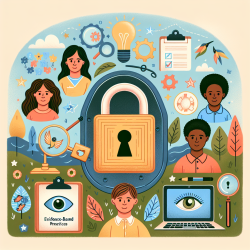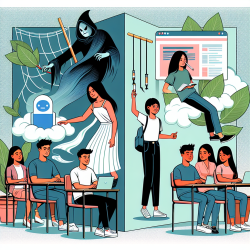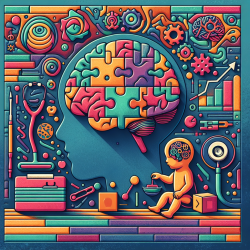Ensuring that students with disabilities have the necessary support to succeed in state and district assessments is crucial for their academic growth and confidence. In California, various accommodations can be made to help these students participate effectively in assessments. These accommodations or modifications are tailored to meet the unique needs of each student and are specified in their Individualized Education Program (IEP).
Here is a partial list of appropriate accommodations or modifications depending upon the student's disability:
- Allowing more time for students to complete the test: Some students may require extended time to process and respond to test questions. This accommodation helps reduce the pressure and allows them to perform to the best of their abilities.
- Administering the test in several sessions or over a number of days: Breaking the test into manageable chunks can help students avoid fatigue and maintain focus.
- Dictating to a scribe: For students who have difficulty with writing, dictating their answers to a scribe can ensure their responses are accurately recorded.
- Using a word processor: Students who struggle with handwriting may benefit from typing their responses, which can be easier and faster for them.
- Repeating directions: Some students may need instructions to be repeated to ensure they fully understand the task at hand.
- Reading the test aloud: For students who have reading difficulties, having the test read aloud can help them comprehend the questions better.
- Administering the test in a quiet room: A distraction-free environment can significantly improve the performance of students who are easily distracted or overwhelmed by noise.
It's important to note that the type of accommodation or modification provided is dependent upon the unique needs of the student and the nature of the test itself. The IEP should clearly specify the type of accommodation or modification that is appropriate for the student.
Understanding and implementing these accommodations ensures that students with disabilities have an equal opportunity to demonstrate their knowledge and skills during assessments. By providing the right support, we can help them achieve their full potential.
For more information, please follow this link.










